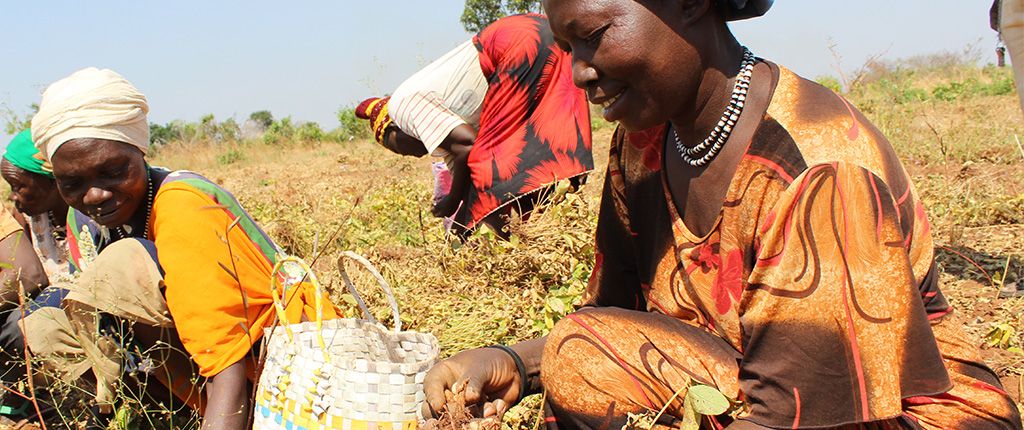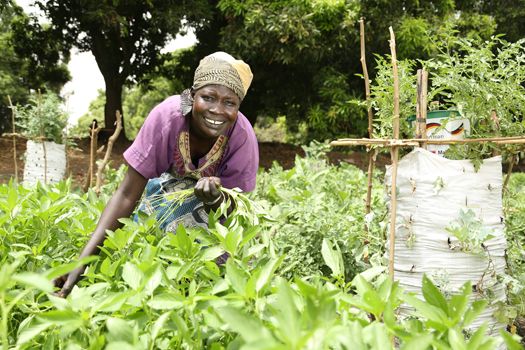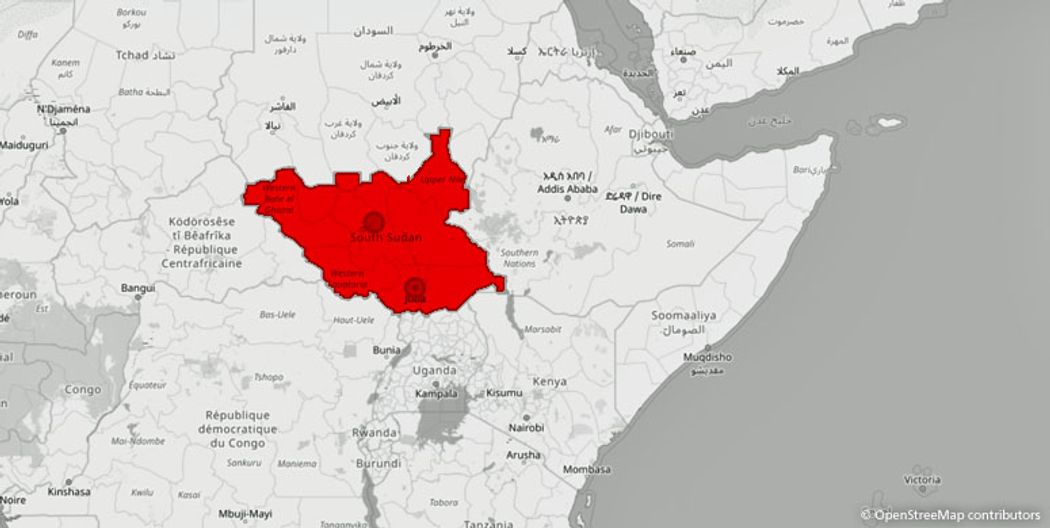Resilience in the midst of crises
How do the crises in South Sudan affect Janifar's life? Read how she faces up to these challenges.
Read more
South Sudan, the world’s youngest country, celebrated its independence in 2011. The hope for a peaceful future brought by independence was not to last, however. In December 2013, violent confrontations between government and opposition forces led to a brutal civil war, which continues to afflict the population to this day. A peace treaty was signed in August 2018, but despite international pressure, the results of the agreement have still not been implemented.
Since then, over 4 million South Sudanese people have been forced to flee their homes. The risk of infectious diseases such as cholera and measles spreading is high. In some regions, the already completely inadequate water supply and infrastructure has collapsed completely. Around half of the population is considered acutely food insecure (as of November 2024). The war in Sudan is also forcing hundreds of thousands of people to flee their homes. The situation is exacerbated by the fact that also other neighboring countries of South Sudan - including the DR Congo, Ethiopia and Uganda - are also struggling with difficult situations, and South Sudanese refugees are placing an additional burden on these countries.

Malteser International has been working in what is now South Sudan since 1996. In recent years, our programs focus on improving water, sanitation and hygiene (WASH), nutrition security and health. Our goal is to improve the livelihoods of households in need in the long term.
The civil war in South Sudan in recent years forced the rural population to flee the ongoing violence. Many fled to urban areas and suburbs. The population influx into these areas, which were already affected by civil war, worsened the already problematic supply of food and access to clean water. Flooding, a severe economic crisis and high inflation are further causes of the crisis. Hunger, malnutrition and undernourishment prevail. Meanwhile, some families return to their villages to find poor water supplies. In addition, there is a lack of seeds and agricultural equipment to recultivate the abandoned fields.
In addition, around 870,000 people have crossed the border from Sudan since the outbreak of the war in Sudan in April 2023 (as of November 2024). These are both people who had fled South Sudan and are now forced to return and Sudanese who have fled the war in their home country. In November 2024, 6.3 million people in South Sudan were food insecure. That is around half of the population.
We improve water, sanitation and hygiene supply:
We are committed to food security:
How do the crises in South Sudan affect Janifar's life? Read how she faces up to these challenges.
Read moreIn our project, schoolgirls in Juba County learn how to protect themselves against the coronavirus.
Read moreFor Suzanne Peter having a warm lunch meal everyday is no matter of course.
Read moreOur program aims at alleviating hunger for the most vulnerable by providing primary school children with a hot, nutritious meal.
Read moreOne of our strategies to tackle the ongoing issue of food insecurity in South Sudan is to proliferate school gardens.
Read moreWe combine our humanitarian aid activities with long-term activities to help people in the long run.
Read moreSouth Sudan is part of the #IntoFocus Campagne, which sheds light on forgotten crises.
Read moreThe conflict between pastoralists and farmers is a recurrent source of conflict in South Sudan.
Read moreIn Wau, South Sudan’s second largest city, tens of thousands of people have found refuge.
Read moreAs a sponsoring partner, your regular donation gives real, life-changing help to people in need in our project regions. Your commitment helps us plan ahead and bring about long-lasting impact.

Office locations: Juba, Wau
Project regions: Juba, Wau, Maridi, Yei, Deim Zubeir, Rumbek
Partners: Don Bosco Wau, Catholic University of South Sudan, Catholic Diocese of Wau, Rural Action Against Hunger (RAAH)
Photo credit: Nyokabi Kahura/Malteser International